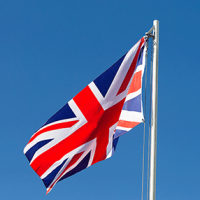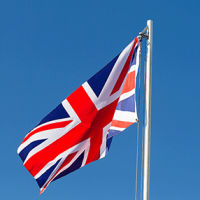
Brexit: it’s also a VAT issue!
The prospect of a “hard” Brexit is becoming a likely scenario. What will happen with respect to VAT when the United Kingdom becomes a third State?
At present, goods still move freely between the UK and the EU: no customs duties; VAT exemption for the seller in the country of dispatch; and VAT taxation of the buyer in the country of arrival.
From the first day of Brexit, however, flows of goods from the EU to the UK will become VAT-exempt exports, and flows from the UK to the EU will be VATable imports and subject to special customs formalities.
Unlike intra-Community transactions, import and export transactions require the filing of specific returns with the customs and indirect taxes administration at the time of the import or export, in order to justify the VAT exemption on exports and the proper calculation of VAT on imports.
What will be the reimbursement process for VAT borne in the UK by an EU company or for VAT borne in the EU by a UK company? After Brexit, the EU Directive governing the reimbursement of VAT borne in another EU State will no longer apply to the UK. From the very first day of Brexit, the reimbursement of VAT borne in the UK in 2019 by French companies will no longer be obtainable via the internet portal set up by the French General Directorate of Public Finances, even for VAT invoiced prior to Brexit, but will have to be claimed directly from the UK tax authorities.
Although the applicable rules allow companies to file VAT reimbursement requests until 30 September of the year in question, they should not wait so long this year. To be safe, companies should carry out the related formalities by 29 March 2019.
In the interest of tax pragmatism, the VAT Committee has just issued guidelines that offer a glimpse into some of the possible transitional measures (e.g. goods purchased/sold before Brexit and dispatched after Brexit, goods temporarily admitted into the United Kingdom before Brexit and then re-dispatched into the EU, post-Brexit relocations of individuals).
These guidelines will have to be confirmed, however, by the Commission and the Member States.
In any event, it is important to anticipate the effects of Brexit on all future flows, in order to be able to assess the resulting treatment in the areas of VAT and of tax and customs returns.







